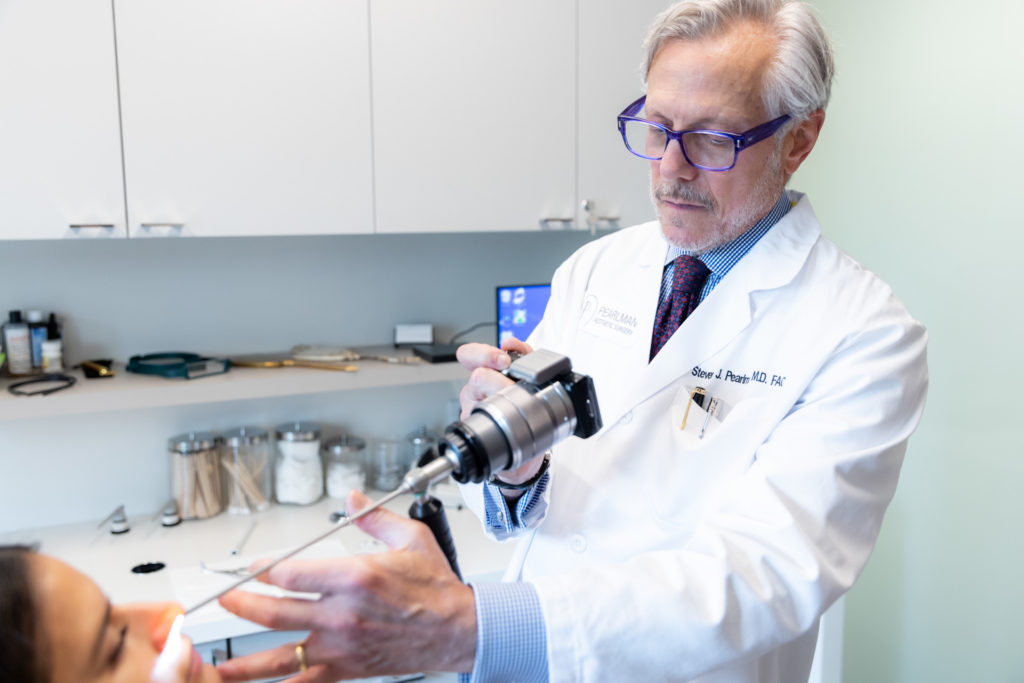
REVISION RHINOPLASTY SPECIALIST REPORTS ON A COMPREHENSIVE STUDY
NEW YORK, NY:
Revision rhinoplasty can be a frustrating situation for the patient, which is why it is even more important for surgeons to understand why people seek revision surgery. In October, Drs. Yu and Kim, residents from New York Presbyterian Hospital presented a study at the annual meeting of the American Academy of Facial Plastic and Reconstructive Surgery on revision rhinoplasty that we conducted on my patients.
Our goal was to present why patients seek a revision rhinoplasty specialist. Prior articles in the medical literature all discussed these findings from the doctor’s point of view. There are many scholarly articles on this subject, but they all looked at what the doctor thought was important.
We decided to survey 104 consecutive patients seeking revision rhinoplasty to see what their concerns were, before I chimed in with my opinions. This unique study is to parallel trends in modern medicine and to focus on the patient’s point of view.
104 consecutive patients filled out a comprehensive questionnaire that asked questions about their noses from top to bottom and functional (breathing) complaints. They were also asked to identify their top three reasons for seeking revision rhinoplasty.
The most frequently cited concerns were tip asymmetry, crooked middle third of the nose and irregular upper (bony) third of the nose. The three top concerns differed a little with difficulty breathing cited as the second largest concern with tip asymmetry still first and crooked nose third.
Breathing problems was a very common finding. 62% of patients reported nasal obstruction and 71% were found by the surgeon (me) to have blockage of the nose.
At the end of the survey, we asked why patients didn’t go back to their original surgeon and 57% indicated that since the surgery was not successful, they would not go back. 23% reported that their original surgeon was not receptive to their concerns.
For the other 20%, surgery was either too long ago, their doctor is no longer in practice or they moved. Therefore, surgeons must be aware that good communication and understanding patient concerns are of the utmost importance in addressing revision rhinoplasty.
Steven J. Pearlman, MD, FACS





